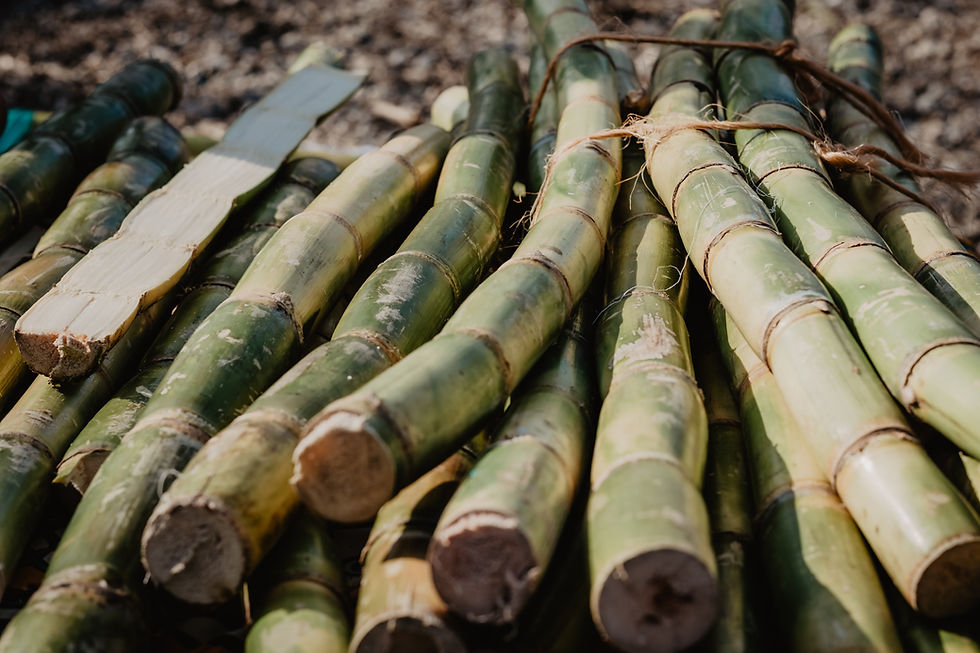The Ten: David Paw
- SOURCED
- Sep 22, 2021
- 3 min read
Updated: Oct 25, 2021

Name and job title
David Paw, International Editor at Resy.
Where were you born, and where do you live now?
I was born in Rangoon. I now reside in London.
How you describe what you do?
I tell people where to eat and spend their money, and hopefully get them to care a little bit about where their food comes from; the hands that were involved in its production and preparation; and why that matters.
How much did you spend on your last cup of coffee?
£3.50
What is one ingredient that is crucial to your work and/or life?
Purpose is a big driver for me. Part of that is self-interest – I find it hard to give my very best to something I don’t have some level of interest in, and part of it is sheer excitement at the potential of making something better. But having an overarching goal is important, I think, whether that’s making an industry more culturally equitable or promoting sustainable practice to consumers who wouldn’t think twice about ordering their coffee in a disposable cup.
What does a food and/or drinks system mean to you?
Every process and pair of hands involved with growing and extracting raw materials and getting them onto a plate, from any agricultural processes involved to the way we work with the waste produced.
How does your immediate locale / environment affect your work?
Being in this East London bubble, I think it’s super easy to get complacent with what’s around you. Unfortunately, the narrative – as far as restaurants are concerned, anyway – then becomes one of convenience as opposed to actually putting in the legwork to zoom out and look at the city in its entirety and in relation to others. But I do have to remember that my readership is predominantly local and to focus on the things I can control. I try to make it a point to visit the places I write about and not just work from second-hand information.
Where do you draw inspiration from, in your work?
I think social justice movements are probably the biggest influences in my day-to-day work. I think when people say ‘food is political’ it shouldn’t be a blanket zeitgeist-y statement and that people can easily learn more about the communities that they’re coming across in their
cities. Learning about each other through food and traditions and culture – whether positive or negative – is one of the easiest things you can do to build empathy.
What impact do you want to have?
I’m lucky to be able to reach a lot of folks who otherwise wouldn’t think about things like the cultural significance of a dish or why who’s behind the stove matters. But as well as getting a few more people to care, it’d be nice to be able to show that you can put things out there that resonate whether you’re a social media manager or producing content for a marketing blog. Everyone can help.
What change do you want to see in the food and/or drinks system?
It would be great to see more change at the top in terms of policy changes that would directly benefit restaurant and food workers and for a greater level of public awareness regarding, again, the sheer amount of work required to produce a plate of food or run a service.
What is a photo that represents your work?

We ask all our interviewees to send us two photos: one that represents themselves and one that represents their work.










